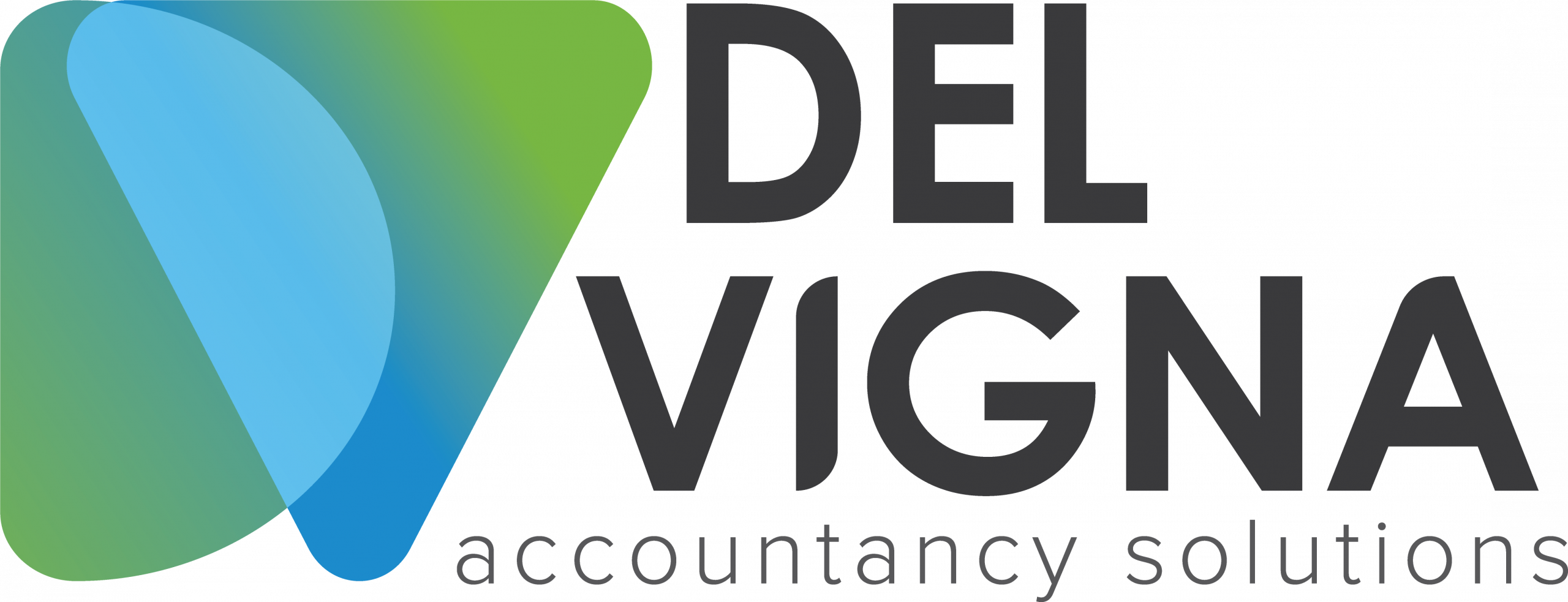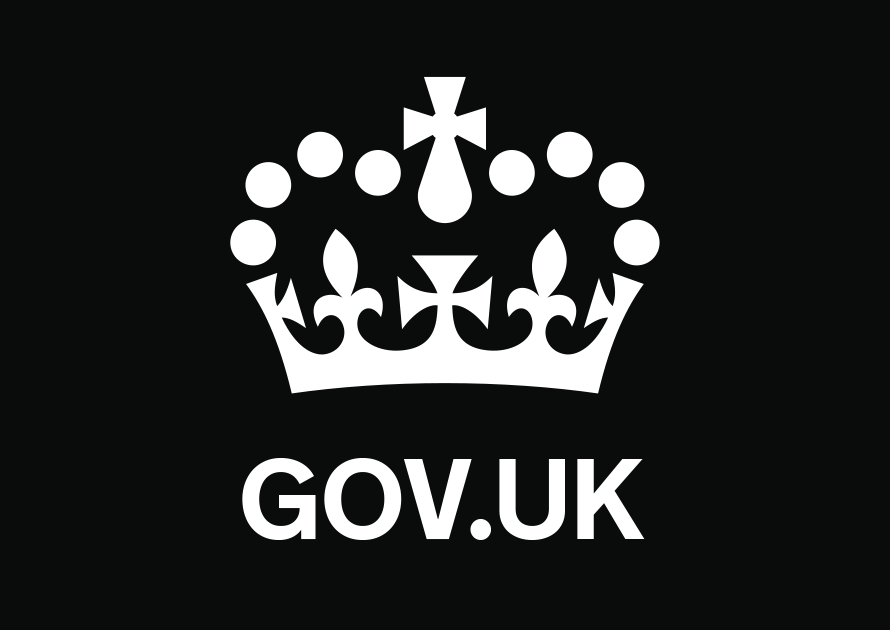Check if you need to register, send returns and pay Air Passenger Duty.
Who should register
You must register and pay Air Passenger Duty if you operate a fixed wing plane from any UK airport that:
- weighs 5.7 tonnes or more
- is fuelled by kerosene
- carries passengers, whether they have paid for the flight or not
When to register
You can register with HMRC before your first flight begins, but you must register no later than 7 days after the flight.
What you will need
You’ll need the VAT registration number (if this applies).
You’ll also need to provide details including:
- whether you operate any aircraft with an authorised weight of 5.7 tonnes to 10 tonnes, or 10 tonnes or more
- the estimated number of chargeable passengers from a UK airport during the next 12 months in the domestic band, band A (0-2000 miles), B (2001 – 5,500 miles) and band C (over 5,500 miles)
- whether you operate any aircraft authorised to carry fewer than 19 passengers, or 19 or more passengers
- the date you first carried (or expect to carry) chargeable passengers in a chargeable aircraft
- an estimate of the Air Passenger Duty due for the next 12 months – you should use the latest rates when calculating this
You will need to contact HMRC after registering if you:
- need to appoint a representative (if your business is based outside of the UK)
- operate direct long haul flights from Northern Ireland
If you cannot register online you can register using the postal form. You’ll need to fill in the form on screen, print it off and post it to HMRC.
HMRC may issue you with a penalty if you do not register on time.
Businesses based outside the UK
If you have based your business outside of the UK, you must appoint a fiscal representative. You may be asked to provide a bond if you appoint a representative for administrative purposes only.
Occasional operators
You may be eligible to use the Occasional Operator Scheme if you both:
- operate 12 flights or less in a year
- have an annual duty liability of less than £5,000
Register for Air Passenger Duty
To register online, you need a Government Gateway user ID and password. If you do not have one, you can create one when you register.
Register for Air Passenger Duty using our online service.
What happens when you register
You will get a certificate of registration within 28 days of us getting your application. The certificate will include:
- your Air Passenger Duty reference number
- your name and your trading name if different
- the address of your principal place of business in the UK
- the date of your registration
- your accounting period
Check that your details are right. If there are any mistakes, let us know. Always quote your 15-digit registration number when you contact us.
If you do not get a reply within 28 days of applying contact HMRC.
Change or cancel your registration
If any of your business registration details change you must tell HMRC within 30 days giving as much information as possible. Changes about fiscal representatives must be notified to us within 7 days.
Amend and sign your certificate of registration, and contact HMRC to return it to the Air Passenger Duty team.
If you stop operating passenger flights you must contact HMRC in writing.
Rates
There are different rates of duty for each passenger you carry. The passenger will fall into the domestic band, band A, B or C depending on their final destination and class of travel.
Exemptions
There are some people and flights that are exempt from duty.
Special accounting schemes
If you cannot calculate your duty based on actual passenger numbers from your existing systems, you may need to use a Special Accounting Scheme.
Records you must keep
You should keep business records for 6 years. Make sure they’re available for us to see whenever we need to.
Returns and payments
Once you have registered, we will send you a monthly or annual notice to file. We will tell you the deadline for submitting your return and paying duty.
Sign in to submit your return and pay any duty due. You will need the Government Gateway user ID and password you used when you registered.
If your return or payment are late, we may issue you with a penalty. We will include a remittance advice showing the address to send your payment to. Include this remittance advice with your payment.
If you cannot account for duty on the basis of calendar months, you can ask for returns to match your accounting periods.
If your return deadline falls on a weekend or bank holiday, your return and payment must reach us on the last working day before your deadline.
HMRC can ask you to pay a deposit or bond if they think there’s a risk you will not pay your tax or duty on time, or you have appointed an administrative representative.
Incorrect returns
You can use your return to correct any errors you make.
If you do not pay enough, HMRC will charge you interest on any unpaid duty. Depending on how the mistake happened, we may also issue you with a penalty.
Annual accounting
If your business is likely to pay £500,000 duty per year or less, you may be able to use the Annual Accounting Scheme.


